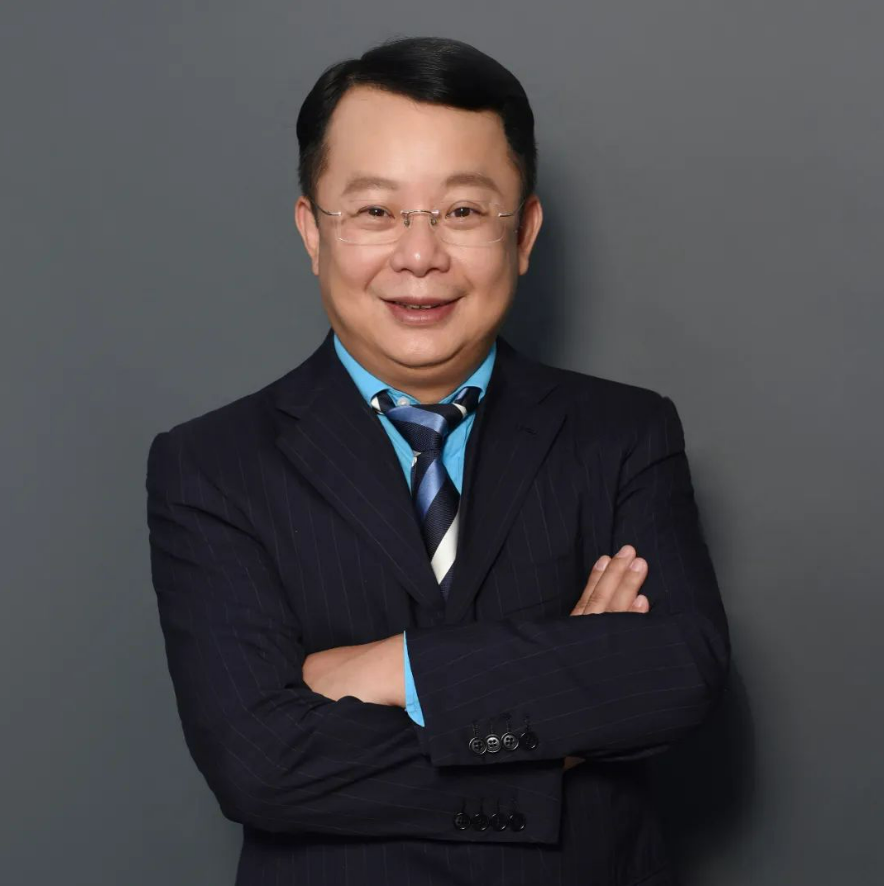People Come and Go, Consumption Always Has Opportunities 丨LastPost
Date: 2022-09-27Views:
Report丨Yiwen Guan
Via丨last post
Finding industries with exponential growth opportunities like internet platforms is the most enticing for capital. In the year or so around 2020, many investors believed that there were similar stories in the "new consumption" space.
Wave after wave of investors came and went in the consumer market. The most glorious moments and peak valuations of a batch of new brand companies were frozen in the eagerly anticipated bell-ringing ceremony. They only understood a simple truth after paying a huge tuition fee – consumption is different from the internet.
During this period, many new brand companies were born from traffic and died from traffic. A entrepreneur with years of experience in the consumer industry witnesses a traffic dividend every two or three years, from supermarkets, Watsons, and Taobao to Xiaohongshu and Douyin. Having seen many ups and downs of consumer brands, he realizes that "traffic is fundamentally not a friend with time."
However, companies that grow in traffic channels represent only a small part of consumption. In this market, there are still many unknown and quietly growing profitable companies.
LatePost interviewed five investors who have been active in the consumer investment field for more than ten years. They are also founders of investment institutions focusing on consumption. They believe that there will always be opportunities in China's consumption. In the current fading trend, for them, it might be the best time.
Harvest Capital's Song Xiangqian: Only when companies closely connected to people's lives become strong brands can China's consumption truly rise.

Establishment Date: 2007
Asset Management Scale: 26 billion RMB
Investment Projects: Including Qiaqia, Dongpeng Beverage, Babi Food, Jinmailang, etc.
宋向前 enjoys writing articles discussing macro issues. In his conversations, key words like "China," "society," "people," and "public sentiment" are frequently mentioned. In his article "The Stagnation of Civilization," he expresses, "Social issues such as societal civilization and business ethics lag far behind the pace of economic development."
With a fast-paced and eloquent speaking style, Song uses parallelism extensively. There's no need to worry about a lack of impactful quotes in his interviews. Phrases like "Entering the world of mortals and experiencing the taste of life is the most comforting to ordinary hearts," "Not stepping down is the real victory," and "The ceiling of a brand is the people's hearts" are characteristic of his expression.
He believes that writing a few articles diligently each year is the best account he can give of himself. This philosophy extends to his investment strategy; Harvest Capital only invests in two or three projects per year. Song expresses his desire to help people achieve a better life, emphasizing this with three "maximums": maximum warmth, maximum attitude, and the greatest support for the country.
"In the broader consumer market, what are your judgments on macro trends?" the interviewer asks.
Song responds, "Supply-side impact, shrinking demand, and weakening consumer expectations are undeniable facts."
He delves into the concept of "flexible employment," suggesting it signifies insufficient employment, characterized by short-term jobs. He emphasizes the existence of a significant population in China with limited mobility—people with halted hands, feet, and mouths, creating a folded society. He stresses the importance of understanding China's national conditions, segmented economies, and the foldability of Chinese society to truly comprehend the country. Solving the issues of the five hundred million farmers is crucial, as they represent China. Economic stability is achieved not by maintenance but by development.
"The only way for these people's income levels to rise is for consumption to truly take off," Song explains. Addressing the employment issues of the middle and lower-income groups is a priority, requiring government assistance; otherwise, the first thing the market entities will do is contract. Supporting these people's livelihoods and promoting consumption is the key to stable and long-term economic development.
Regarding what businesses can do, Song suggests accepting the normalization of the pandemic and focusing on common sense. He advises businesses to survive first, preserve cash flow, and avoid complex actions. He believes that not stepping down is winning, and emphasizes cost management in accordance with economic principles.
Song insists that businesses cannot deceive the common people. Respecting the market and consumers leads to brand loyalty, and he states that the ceiling of a brand is in people's hearts. He stresses the importance of aligning business practices with ethics and values. While the era of traffic dividends may be over, the dividend of a strong brand still exists.
Among the Fortune Global 500, China has over 140 companies, but only one, Huawei, is in the top 100 brands globally. Song points out that many Chinese companies focus on quantity over quality. He expresses a desire to see brands like Laoganma, Dongpeng Special Drink, and Luhua, which are closer to the lives of ordinary people, become strong brand enterprises and represent their respective categories.
Regarding Harvest Capital's limited involvement in the consumer investment boom of 2020, Song explains his skepticism about the sky-high valuations of businesses such as bubble tea shops, emphasizing that he does not understand the valuation logic. He believes that many companies lack a long-term vision and face challenges in sustaining their business models.
On the topic of successful businesses, Song emphasizes the importance of a broader market, essential needs, high frequency, and a connection to people's lifestyles. Essential needs imply a long lifecycle, providing businesses with strong risk resistance. High-frequency products, like water, have a consistent demand, and companies catering to them are likely to attract a large consumer base. Song also stresses the importance of infrastructure capabilities, citing Jiamailang, a company Harvest Capital invested in, which has 16 production bases across China, controlling wheat, raw materials, and water. Many new consumer companies lack production capabilities and are essentially online channels.
When asked about growth expectations for these companies, Song mentions that most of their investments are in industry-leading companies, and he would be satisfied with a 10%-15% annual growth rate over the next 10 years.
Song acknowledges the potential of offline businesses, considering them as the foundation. However, when asked about the limited investment in offline chains, he points out the challenges faced by labor-intensive industries in the future due to rising rents and labor costs. The only reason to invest in them is if they modernize their management and control processes.
In particular, Song highlights the need for standardized operational management, emphasizing that it cannot rely solely on word of mouth. He uses Haidilao, a well-known hotpot chain, as an example of a company that is ahead but has not fully achieved modernization, indicating that there are limits to the scale of offline businesses. He mentions that many catering companies rely on single products, such as lobster or fish, which are vulnerable due to product lifecycle limitations.
However, he notes an exception in the case of Wenheyou, a unique business that focuses on urban spaces rather than traditional catering. He sees it as a representation of young people's lifestyle choices, filling a niche for each generation.
Song reveals that initially, it was challenging to invest in Wenheyou. However, over six months of negotiations, they demonstrated their aesthetic and advisory capabilities, convincing the founder that Harvest Capital could help establish Wenheyou as an excellent brand. After becoming Wenheyou's A-round investor, they operated together for two years. Wenheyou has become a 4A-level scenic spot in Changsha, the second-highest in terms of customer flow, establishing itself as a symbol of the city.
When asked about the key contributions to Wenheyou's success, Song emphasizes their involvement in building a model for individual stores. He mentions that it was a complex task involving considerations of space creation, energy efficiency, store efficiency, and category selection. Song reveals that he visits Changsha every two months, spending three days on each visit, with two days dedicated to discussing the model. The company appreciates his commitment, and he personally participated in the acceptance of the Shenzhen store.
In response to the question about what determines how far a brand can go, Song emphasizes that a brand's success ultimately depends on capturing people's hearts. A brand becomes powerful when it can endorse a category, occupy minds, and become a way of life.
At the top of the brand pyramid are companies like Starbucks, Nike, and Coca-Cola, which form a consumer belief and lifestyle. The second tier includes brands like Haidilao and Nongfu Spring, which to some extent endorse both brand and category but do not have absolute dominance, allowing consumers some choice. The third tier consists of simple consumer goods companies that have not formed consumer beliefs and cannot endorse a category. They face random purchasing by consumers and are vulnerable to market fluctuations.
Song concludes with his philosophy of long-termism: "Small wins with wisdom, big wins with virtue, occasional wins with opportunity, lasting wins with specialization. Achieving thick accumulation and thin hair in the views of broad and selective observations. This is what I see as long-termism."
Related information


